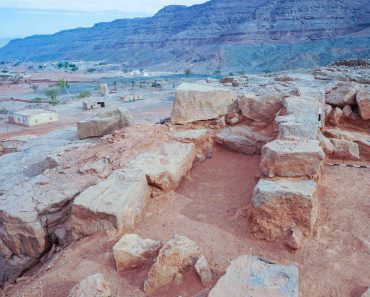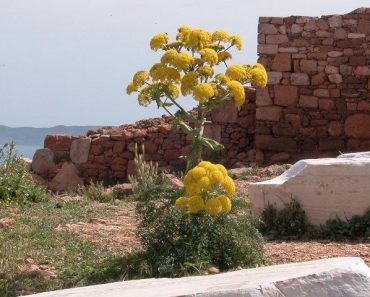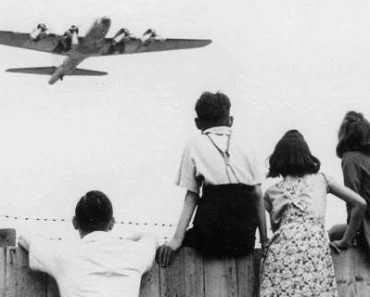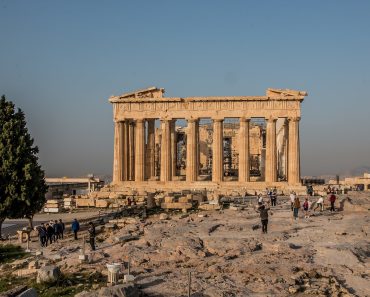Türkiye on Tuesday commemorated the 103rd anniversary of the Great Offensive, the decisive 1922 campaign led by Mustafa Kemal Atatürk that sealed victory in the nation’s War of Independence and paved the way for the founding of the republic.
The anniversary, marked with ceremonies in Afyonkarahisar’s Şuhut district in western Türkiye, where the offensive was launched, drew top officials, including Parliament Speaker Numan Kurtulmuş, who hailed the victory as a turning point in the Turkish nation’s struggle against imperialism.
“With our unity, our devotion to freedom, our sacrifices, our courage and our stance against imperialism, we will overcome all difficulties and always move forward,” Kurtulmuş said at a Victory Week event on Monday evening.
He stressed that Aug. 26 carries special significance in Turkish history, pointing to both the 1071 Battle of Manzikert (Malazgirt), which opened Anatolia as a homeland for Turks, and to the Great Offensive that centuries later expelled occupying forces from those lands.
“This nation has managed to rise again under the most difficult circumstances,” he said. “Go back 103 years and it would have seemed almost impossible to wage such a tremendous struggle for liberation. The empire was crumbling, the country in dire straits, imperialists occupying every corner. Despite this, our nation came together and fought a great struggle. There are lessons we can learn from this: this nation will never bow to imperialists.”
From occupation to liberation
In the aftermath of World War I, the Armistice of Mudros allowed Allied forces to occupy key parts of Anatolia. British, French and Italian troops established footholds in major provinces, while Greek forces, backed by the Allies, landed in Izmir on May 15, 1919, beginning a campaign of occupation.
Faced with a choice between surrender or resistance, ordinary men and women launched the Kuvayi Milliye, or the National Forces movement. Mustafa Kemal Atatürk, who had already made a name for himself at Gallipoli with the phrase “Çanakkale is impassable,” rallied the nation around the cause of liberation.
The opening of the Turkish Parliament in Ankara in 1920 provided political leadership for the armed struggle, which unfolded largely on the Western Front. After halting the Greek advance near Ankara at the Battle of Sakarya in 1921, Turkish forces spent nearly a year preparing for a final, decisive offensive.
At dawn on Aug. 26, 1922, Mustafa Kemal Pasha, alongside Chief of General Staff Fevzi Çakmak and Western Front Commander Ismet Inönü, directed the battle from Kocatepe in Afyonkarahisar. Turkish artillery opened fire before sunrise, followed by waves of infantry who seized key heights, including Tınaztepe, Belentepe and Kalecik Sivrisi.
Within days, Afyonkarahisar was liberated, and on Aug. 30, at the Battle of Dumlupınar, Turkish troops dealt a crushing blow to the Greek army. Many senior Greek commanders fled and Mustafa Kemal famously ordered: “Armies, your first objective is the Mediterranean. Forward!”
On Sept. 9, Turkish forces entered Izmir, driving the occupying Greek troops unceremoniously into the sea and effectively ending the occupation. The victory replaced the punitive post-World War I Treaty of Sevres, which was imposed on the defeated Ottoman Empire, with the Treaty of Lausanne, securing Türkiye’s sovereignty and international recognition.
Later that year, on Nov. 29, 1923, the Republic of Türkiye was declared, with its capital in Ankara, marking the end of the six-century-long Ottoman Empire.
Legacy of sacrifice
Kurtulmuş, addressing crowds in Şuhut, reminded citizens that the offensive was not just a military maneuver but a national awakening. “It wasn’t just a physical march from Şuhut to Izmir,” he said. “It was a resolute march toward the same goal, carried by unity, brotherhood and determination.”
For Türkiye, the Great Offensive is not only a story of the past but also a reminder of resilience in the face of modern challenges.
“The Great Offensive showed that no imperialist force can impose its will on this nation,” Kurtulmuş said. “History is not just written in books; it is lived and felt. Each anniversary is an opportunity to strengthen our national consciousness and unity.”
The liberation of Afyonkarahisar, Kütahya, Gediz, Emet, Tavşanlı, and finally, Izmir within weeks of the offensive demonstrated the speed and decisiveness of the campaign. The victory at Dumlupınar, also known as the Battle of the Commander-in-Chief, remains one of the most significant battles in Turkish military history.
Today, Victory Week ceremonies across Türkiye honor the soldiers and civilians who secured the nation’s independence through courage and sacrifice.
“The spirit of Aug. 26 is alive in every corner of this sacred homeland,” Kurtulmuş said. “As long as we preserve our unity and our love of freedom, no power can stand against us.”







